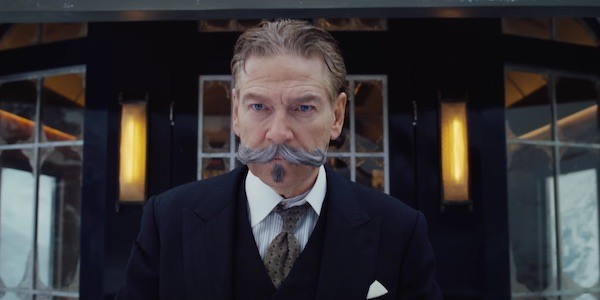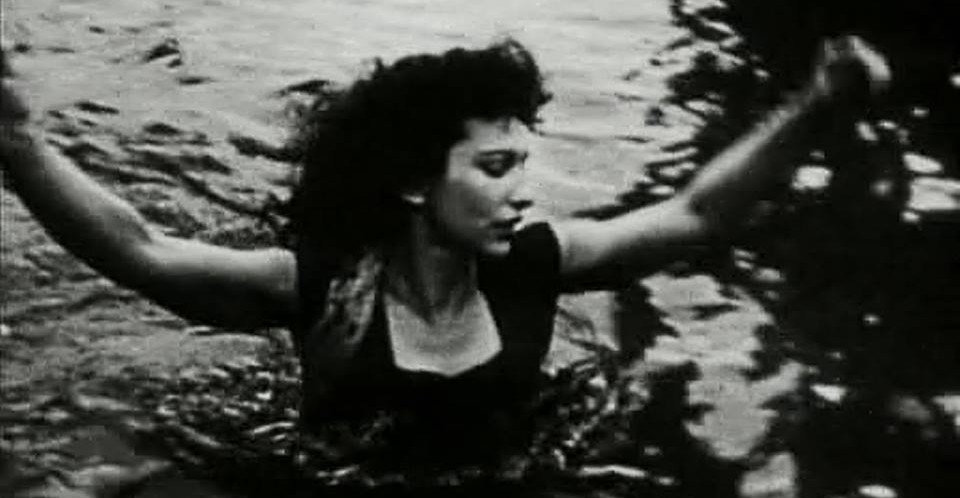
It is perhaps only to be expected, considering the remarkable extent to which Murder On the Orient Express feels driven by product placement of one confectionery brand in particular, that its visual aesthetic at the level of mise-en-scène is 100% chocolate box. The entire film is The Polar Express, multiplied by the final shot in All That Heaven Allows. Accordingly, one expects the film to operate wholly on that level of the pleasure principle: a safe, comforting locked-room mystery, the culprit or culprits already known to the audience, who can thus sit back, relax and reminiscence with one another over which actor they saw previously and in what.
Accordingly, Murder On the Godiva Express‘ fascinating implementation of alternative camera techniques throws a spanner into the works of appeal-via-familiarity, in equal parts welcomely novel and unwelcomely jarring. The whole affair operates similarly in kind: I was grateful for several of the subtractions made to Christie’s original story, not least of all several of the unbelievable flubs made by suspects (one would hope that a princess, pretending to be a maid would indeed take more manipulation than “I hear you are a very good cook” before she lets slip “all my maids tell me so”), but sadly the film’s additions are less inspired. The insistence on adding aspects of action where absolutely none are required or truly justified soon become a chore, as, unfortunately, do many of the performances. Naturally, Judi Dench and Olivia Colman are effortless in evoking intense pathos, coming from a school that acknowledges the deepest human emotions will only respond to the most understated human performances; a memo missed by several other actors, including Lucy Boynton and Sergei Polunin, whose thankfully brief time onscreen is still absolute torture. It’s no secret that actors acting acting is no mean feat, but Godiva On the Godiva Express is defined by suspects pretending to be people they are not; indeed, this is true for most detective fiction.
Thankfully, all pretence eventually comes to an end, all masks slip off and Willem Dafoe, Michelle Pfeiffer et al are allowed in the final 15-20 minutes or so to come into their own. However, these are good actors with long careers who should have been able to impress me – a fan of almost all of them – long before the end. For this, I suppose I must blame both the direction and the editing, which – for a film which implies the Swiss watch precision of a Wes Anderson feature, it often has stilted pauses, not unlike a sitcom with the canned laughter removed.
Ultimately, Godiva On the Godiva Godiva has shifted from Agatha Christie’s meditation on the compromising of moral imperatives in search of higher justice in lower places, into an enjoyable enough mixture of inviting familiarity and uncomfortable blunders which resolves itself to a better extent than I would have expected, but too late to salvage the film into a higher rating.
⭐⭐1/2

I refused to go and see this because I love the grimness of the Suchet version so much. Even his lovely moustache can’t cheer it up, and Poirot allows himself to look utterly defeated.
I had no idea Polunin was in this. I assume he was there to look pretty, because I’m sure there are actual Ukranian actors out there…
LikeLiked by 1 person